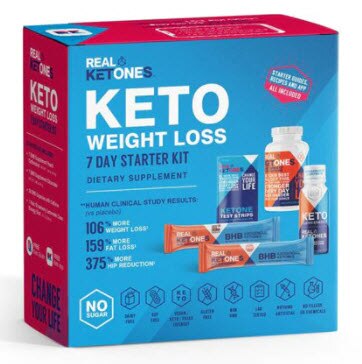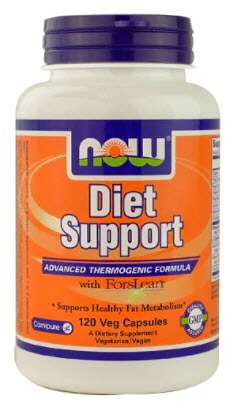If you want the full benefits of cutting calories, you might need to fast rather than just reducing intake, a new study suggests.
Researchers at the University of Wisconsin-Madison found that laboratory mice that both cut back on their calories and fasted were less frail in old age and had longer lifespans.
In addition, fasting improved blood sugar and liver metabolism in the mice.
In an even more eye-opening finding, the researchers discovered that mice that merely ate a reduced-calorie diet without fasting actually lived shorter lifespans than mice that ate with no restrictions.
The researchers caution that it is unknown whether fasting has a similar impact in people. However, if future studies find evidence of such benefits in humans, it may make sense to focus on drugs and diet interventions that mimic fasting instead of a mere reduction in calories, the researchers said.
The pros and cons of fasting
For some people, fasting indeed makes sense, says Sharon Palmer, a registered dietitian nutritionist known as “the plant-powered dietitian,” and author of the book “California Vegan.”
“Research has shown benefits,” she says. These include:
- Better blood sugar
- Improve metabolism
- Healthier weight
- Improved cognition
- Heart health
- Longevity
However, fasting might not make sense for everyone, especially children and adolescents, pregnant or breastfeeding women, people with diabetes, and those with eating disorders.
“In addition, if you have a health condition that requires small, more frequent feedings or increased energy needs, it may not be appropriate,” she says.
For example, those who have gastroesophageal reflux disease (GERD) and eat more frequently might not be good candidates for fasting. People who have diabetes – and thus are required to eat at regular intervals due to metabolic changes related to their medications – also should avoid a fasting regimen.
“In addition, some people experience many negative effects from fasting, such as anxiety and headaches,” Palmer says.
Fasting the right way
If you plan to start fasting, it is important to consult with a health care provider first and make sure the strategy is right for you, Palmer says.
“Do your research, discuss it with your health care provider, establish goals that are realistic and healthful,” Palmer says.
During periods when you fast, it is important to stay hydrated. Among other benefits, this will help you to balance acid-base levels and transport nutrients to cells.
On days when you eat, make sure you do not go overboard. “If fasting makes you ‘yo-yo’ between no food and overeating, it’s not a good regimen,” Palmer says.
Also, make sure you eat the right foods. Because you will not be eating as often as other people do, it’s crucial that you choose foods packed with macronutrients (including carbohydrates, fat and protein) and micronutrients (vitamins and minerals), Palmer says.
“Fasting reduces the nutritional intake, and it’s important to meet your nutrient needs for proper health and body functioning,” she says.
Finally, remember that you are fasting to improve your health, not to ruin it. Some people who fast develop what Palmer describes as “disordered eating.”
So, watch for signs that you are obsessing about your weight or are forming other bad habits, including binging during periods when you return to eating or becoming fixated on thoughts of food.
“If you develop an unhealthy relationship with food during fasting, it’s time to take stock,” Palmer says.



